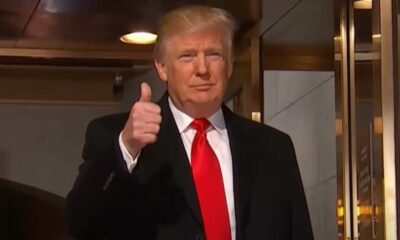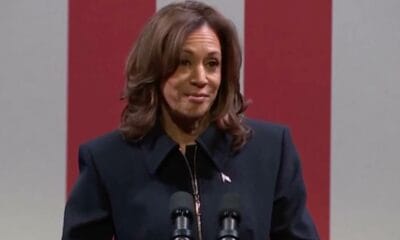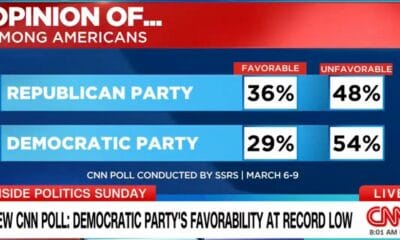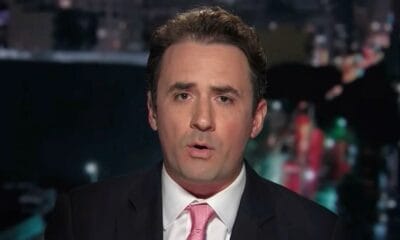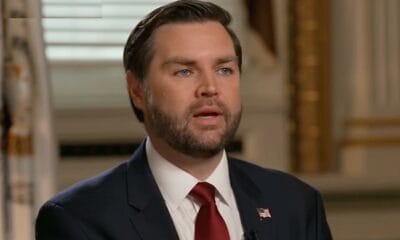2024 Election
Dave Ramsey Slams Harris’s Economic Plan: ‘Price Controls Won’t Work’
On a recent segment of “The Ingraham Angle,” personal finance expert and host of “The Ramsey Show,” Dave Ramsey, joined Laura to discuss the economic challenges facing young Americans and the unrealistic solutions being proposed by the Harris campaign. As concerns about inflation and the rising cost of living continue to dominate headlines, Ramsey provided a sobering analysis of the situation and a critique of proposed solutions like price controls.
Laura opened the discussion by highlighting the disconnect between the Harris campaign’s optimistic rhetoric and the harsh realities many young people face today. With rent prices skyrocketing and wages stagnating, she questioned whether policies like price controls could genuinely offer relief. Ramsey’s response was unequivocal: “No, because it’s artificial. It’s not sustainable.”
JD Vance: ‘We Should Have More Than One Debate with Tim Walz’
Ramsey pointed out that price controls have been tried before, particularly in the 1970s, and they failed to deliver long-term solutions. “What works,” he emphasized, “is to flood the market with supply.” He argued that when the government interferes with the free market by imposing price controls, it disrupts the natural supply and demand curve, ultimately causing more harm than good. “You can only hold that hose for so long until the pressure builds up and then it blows on you,” Ramsey warned.
The conversation then shifted to the broader economic landscape, with Ingraham citing a Washington Post report that revealed a 1% increase in retail sales. However, Ramsey clarified that this statistic is misleading, as it reflects the rise in prices rather than an actual increase in the number of units sold. “It doesn’t mean the economy’s booming,” Ramsey explained. “It just means the cost of the good went up by 1%.”
JD Vance: ‘The American People Are Too Smart to Buy This Garbage’
Ramsey also addressed the growing disparity between the wealthy and the middle class, attributing it to increased government intervention in the economy. He argued that when the free market is left to operate without interference, it benefits most people by finding a natural equilibrium. In contrast, government attempts to control prices or protect consumers from rising costs tend to exacerbate economic inequalities.
Laura and Ramsey also touched on the absurdity of some of the proposed solutions to high living costs, such as taking cold showers or skipping meals. Ramsey humorously pointed out the futility of such advice when people continue to spend extravagantly on other luxuries, like expensive coffee.
Ramsey’s critique of price controls and government intervention offers a stark reminder that quick fixes and artificial solutions are unlikely to solve the deep-seated economic issues facing the country today. Instead, Ramsey advocates for a return to free-market principles as the most effective way to restore economic stability and prosperity.



